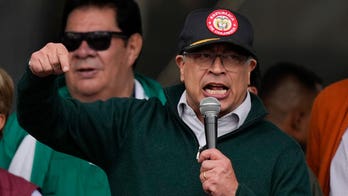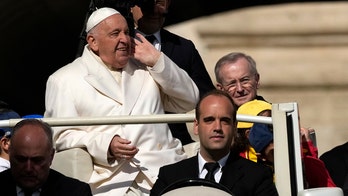The European Union (EU) delegation in South Sudan has refuted allegations made by President Salva Kiir that it is working to postpone elections in the country. The delegation maintains its commitment to supporting an environment conducive to elections, constitutional reforms, and transitional justice.

Amidst growing concerns over the upcoming elections in South Sudan, the European Union (EU) delegation has vehemently denied accusations that it is actively delaying the electoral process. President Salva Kiir's recent allegations have caused widespread speculation, but the EU delegation has firmly stated its unwavering support for a peaceful and timely transition in the country.
Deputy Head of the EU Delegation, Lothar Jaschke, categorically denounced the claims made by President Kiir, emphasizing that the EU fully supports initiatives to establish a conducive environment for the conduct of elections, the adoption of a permanent constitution, and the implementation of transitional justice mechanisms.

President Kiir's allegations, made on Saturday, implied that Western powers were intent on delaying elections, although he did not provide any specific evidence or mechanisms by which such a delay would be orchestrated. He reiterated his commitment to ensuring that elections proceed as scheduled in December, warning that any postponement would inevitably lead to violence.
South Sudan, which attained independence from Sudan in 2011, is slated to hold its first democratic elections in December. However, crucial processes essential for the credibility of the elections, such as the adoption of a permanent constitution and the establishment of a unified police force, remain incomplete.
Last week, Charles Tai Gituai, interim chairperson of an international commission overseeing South Sudan's 2015 peace agreement, expressed concerns over the lack of adequate preparations for the elections. He highlighted the absence of electoral bodies at the state level and delays in publishing the voters register as significant obstacles.
Compounding the electoral challenges, South Sudan is grappling with a severe economic crisis. Diminished oil exports, largely attributed to the ongoing conflict in neighboring Sudan, have left the government struggling to meet its financial obligations. Civil servants have endured months without salaries, further exacerbating the economic hardship faced by the population.
Despite these setbacks, the EU delegation remains steadfast in its support for a peaceful transition in South Sudan. The delegation has consistently emphasized the importance of inclusive dialogue, adherence to the rule of law, and respect for human rights.
The EU's position aligns with the aspirations of the South Sudanese people, who yearn for a democratic and stable nation. The upcoming elections represent a critical juncture for South Sudan's future, and the EU's unwavering support for a free, fair, and peaceful electoral process is essential for achieving this goal.









